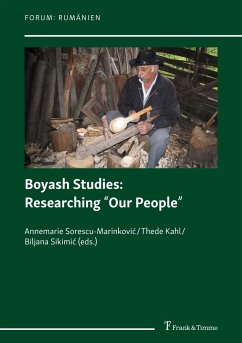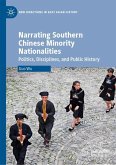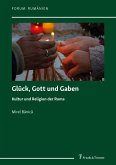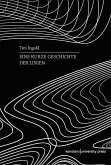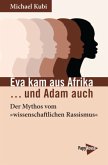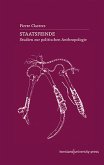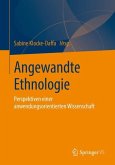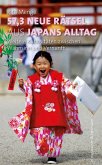The Boyash, also known as Rudari, Lingurari or, inclusively, as "oamenii no tri" (our people), are an ethnic group living today in scattered communities in the Balkans, Central and Eastern Europe, but also in the Americas. What brings the disperse communities of Boyash together is their Romanian mother tongue, (memory of) traditional occupation, common historical origin, and the fact that the majority population considers them Gypsies / Roma. A marginal topic until now, at the crossroads between Romani and Romanian studies, the Boyash studies are today an interdisciplinary field dealing with the experiences of the Boyash over time, in Romania and all the places where they have settled. The editors of this volume intend to mark two centuries of scholarly interest in the Boyash by bringing together researchers from different fields, summing up existing literature and bringing new research to the forefront.
Bitte wählen Sie Ihr Anliegen aus.
Rechnungen
Retourenschein anfordern
Bestellstatus
Storno

